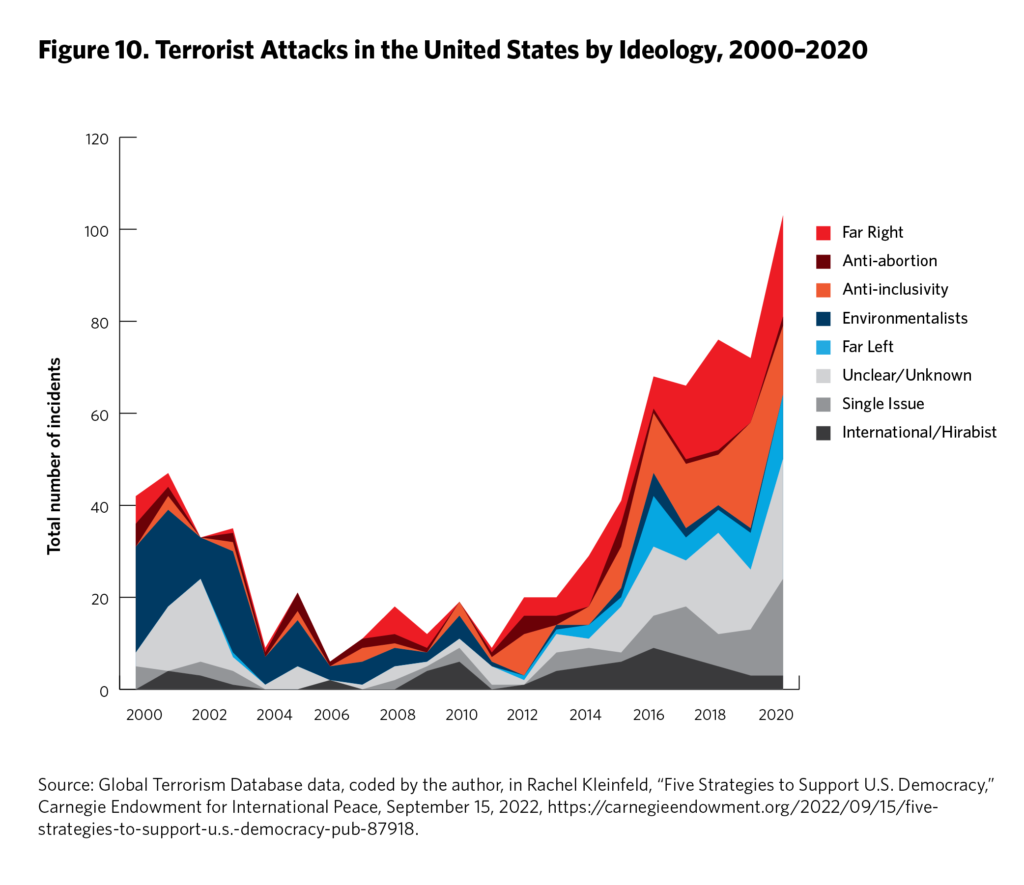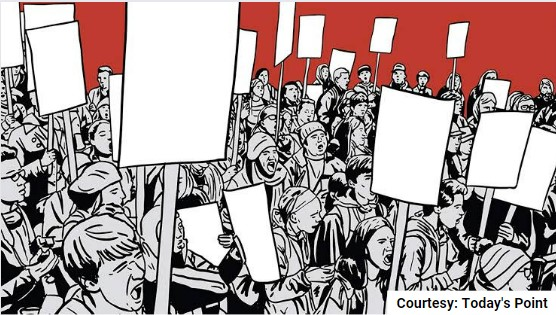Rising polarization has become one of the most urgent challenges for democracies today. The growing divide between political, social, and cultural groups is not just about strong opinions. It is reshaping governance, influencing elections, and weakening the social fabric that holds communities together.
In recent years, polarization has grown more intense across the world, particularly in the United States, where it defines much of political and social life. Understanding how rising polarization affects governance, elections, and social cohesion is essential for protecting the future of democracy.
What Rising Polarization Means
Polarization happens when groups in society grow further apart in their views, values, and identities. In politics, it means liberals and conservatives push toward opposite extremes, leaving little space for compromise. Social polarization extends into personal life, shaping who people associate with, where they live, and even how they raise their families.
What makes today’s polarization especially harmful is that it goes beyond disagreement. Many people no longer see opponents as fellow citizens with different ideas but as threats to their values or way of life. This shift weakens trust and increases hostility across society.

Impact of Rising Polarization on Governance
Gridlock and Legislative Stalemates
Governments function best when compromise is possible. Rising polarization makes compromise rare. Political parties often prefer to block one another rather than solve problems, leading to legislative gridlock. Issues such as healthcare, immigration, and climate policy stall, not because solutions are impossible, but because cooperation has become politically costly.
Erosion of Democratic Norms
Democratic systems rely on shared respect for rules and traditions, even when parties disagree. Polarization erodes these norms. Leaders may use procedural tactics to delay or block appointments, refuse to accept election results, or undermine institutions. The willingness to bend or break rules in order to “win” weakens long-term trust in democracy.
Governing by Executive Power
As legislatures become less effective, leaders increasingly turn to executive orders and regulations. While this approach allows quick action, it sidelines open debate and compromise. Policies enacted this way often change when leadership changes, making governance unstable and further frustrating citizens.
Impact of Rising Polarization on Elections
Elections as High-Stakes Contests
In a polarized climate, elections feel like zero-sum battles. Winning is seen as essential, while losing is framed as catastrophic. This sense of survival raises tensions during campaigns and leaves little room for respecting outcomes.
Decline in Split-Ticket Voting
Voters used to choose candidates from different parties depending on the office. Rising polarization has reduced this practice. Today, most voters consistently support one party across the ballot, reinforcing partisan divides and leaving fewer moderate voices in power.
Growth of Misinformation and Echo Chambers
Polarized societies are more vulnerable to misinformation. People are more likely to trust news that supports their side and dismiss anything else as false. Social media platforms, with algorithms that amplify outrage and confirmation bias, deepen echo chambers where opposing ideas rarely break through.
Rising Distrust in Outcomes
When political opponents are viewed as illegitimate or corrupt, trust in election outcomes falls. Disputes over counting votes, certification, and fairness become more common, weakening faith in democracy itself.
Money and Voter Mobilization
Polarization has increased both political donations and voter turnout. Donors give more when they believe the stakes are extremely high, and voters are more likely to participate when motivated by fear or anger. While this can boost engagement, it often fuels resentment rather than constructive civic energy.
Impact of Rising Polarization on Social Cohesion
Fragmented Communities
Social cohesion depends on trust and shared identity. Polarization divides communities into ideological enclaves. People increasingly choose neighborhoods, schools, and workplaces that match their political and cultural views, reducing opportunities for diverse interaction.
Politics in Personal Relationships
Polarization shapes private life as well as public life. Many people say they would not marry or even befriend someone with opposing political beliefs. Family gatherings and friendships often break down under the weight of political arguments, leaving people isolated in like-minded groups.
Increased Hostility and Violence
When polarization deepens, political opponents are more likely to be viewed as enemies. This can lead to hostility, protests, and in some cases, political violence. Such outcomes not only damage social harmony but also threaten public safety.
Why Polarization Is Rising
Several forces are driving polarization today:
- Media fragmentation that amplifies extreme voices.
- Social media algorithms that reward outrage and division.
- Growing economic inequality, fueling resentment and distrust.
- Identity politics based on race, religion, or culture.
- Geographic sorting, where people move to areas where others share their values.
Together, these factors create a cycle where distrust and division reinforce each other, making polarization harder to reverse.

Possible Ways to Reduce Polarization
Encouraging Dialogue and Compromise
Initiatives that bring together people with different views can reduce hostility. Town halls, bipartisan projects, and citizen assemblies create space for understanding and cooperation.
Electoral and Political Reforms
Reforms such as ranked-choice voting, open primaries, or independent redistricting commissions could encourage moderation. These systems reward broad appeal and reduce the power of partisan extremes.
Media and Platform Responsibility
Traditional and digital media can help by avoiding sensationalism and providing balanced coverage. Social media platforms can reduce divisive content by changing algorithms to prioritize accuracy and constructive dialogue.
Strengthening Civic Education
Teaching democratic values, tolerance, and civic responsibility can prepare younger generations to handle differences respectfully. Schools and universities play a vital role in building resilience against division.
Community Building Outside Politics
Local projects, cultural events, and volunteer work can strengthen bonds between people who might otherwise disagree politically. Shared experiences remind citizens of their common humanity, making it harder to view others as enemies.
Consequences of Ignoring Polarization
If left unchecked, rising polarization could paralyze governments, undermine elections, and tear at the fabric of society. Citizens may lose faith in institutions, and divisions could escalate into more open hostility or violence. Democracies depend on compromise and trust, both of which erode in polarized environments.
Conclusion
Rising polarization is more than just a political challenge. It affects governance, elections, and the social fabric of daily life. While differences of opinion are natural and healthy in democracy, hardened divisions can paralyze governments, weaken institutions, and divide communities.
The future of democracy depends on reducing polarization through dialogue, reforms, responsible media, and stronger community ties. By addressing the issue now, societies can rebuild trust and ensure that disagreement remains constructive rather than destructive.
Do Follow USA Glory On Instagram
Read Next – $100,000 H-1B Fee: Trump’s New Visa Policy Sparks Debate






